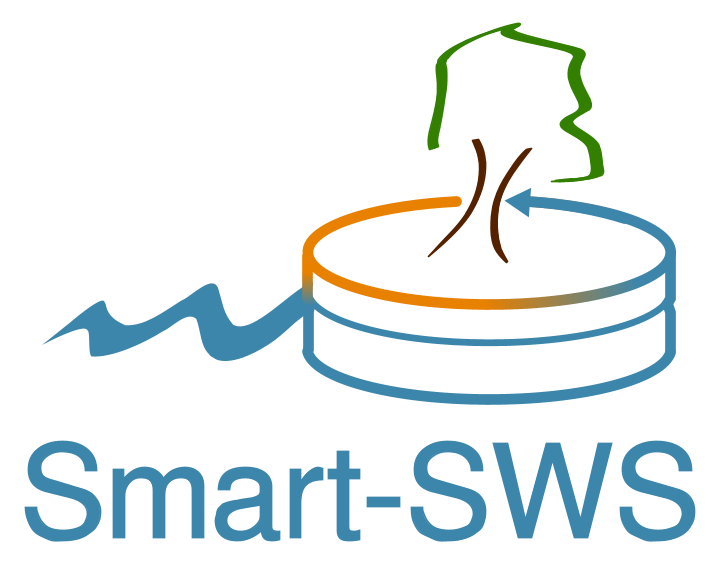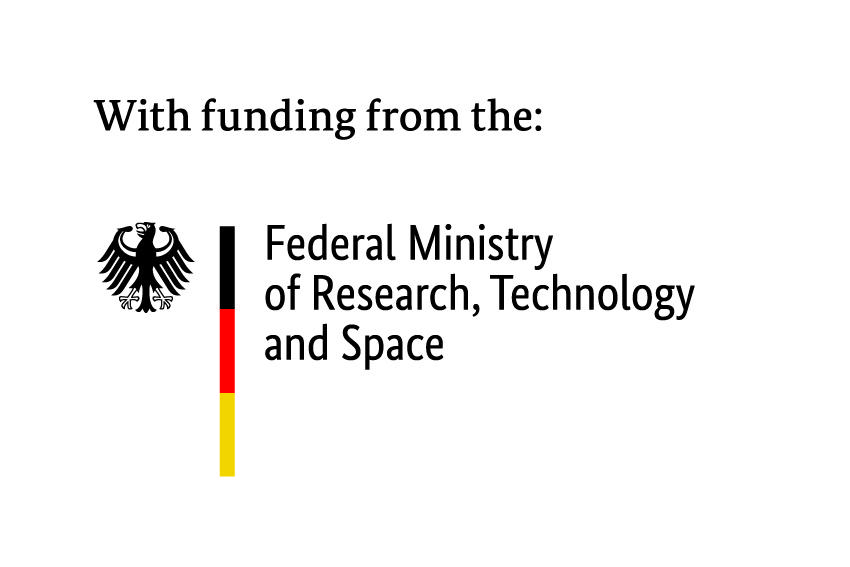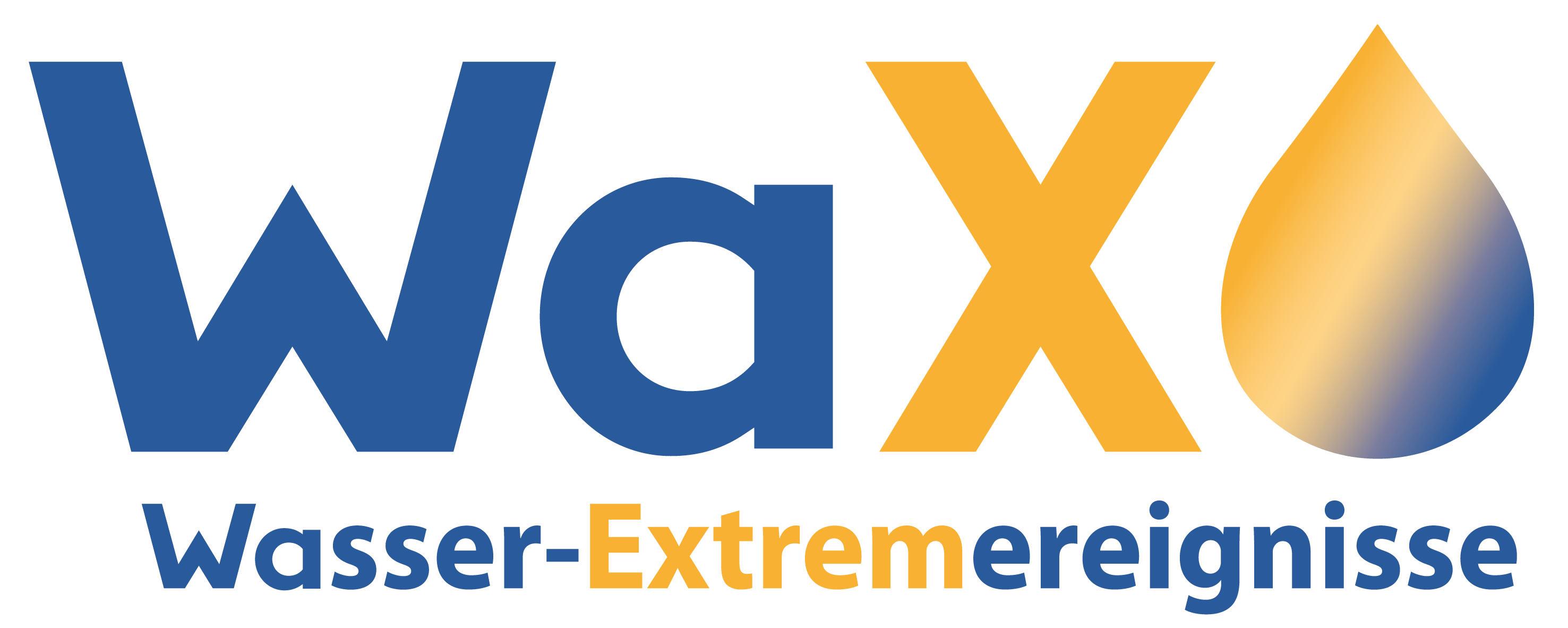Smart-SWS – Smart multifunctional water storage A solution for the mitigation of seasonal flooding and increasing droughts

Brief describtion
Storing water in high quality and quantity is the key to sustainable water management. Smart-SWS, with its consistent storage of runoff peaks and wild runoff in existing aquifers and the delayed and long-term provision of the stored water in dry periods, goes well beyond flood protection during extreme events and links flood and drought management. The time scale of hydrological extreme events is strikingly asymmetrical: short-term heavy rainfall and flood events (days) contrast with long-term dry periods (weeks to months). The conflicting requirements of extremely efficient infiltration and at the same time strongly delayed discharge force technical interventions in infiltration, conditioning of the water to ensure groundwater quality and regulation of the outflow into the receiving water. To ensure safe operation, measurement concepts and sensor networks are being developed that combine stationary sensor technology with mobile data collection using Unmanned Aerial Vehicles.
Objectives
The goal is the technical implementation of a decentralised storage concept in existing aquifers that is capable of storing one or more flood peaks and releasing them to the receiving water with a very significant time delay or holding them for higher-value use.
Work packages (WP)
Project coordination and coordination of experimental studies, common data infrastructure, contacts with authorities for data acquisition as well as organisation of workshops for the expert public and authorities, and regionalisation of the results. Through an advisory board consisting of representatives from science, associations and authorities, the project partners are involved in an interdisciplinary discussion on the concepts from the work packages at an early stage and continuously take up the requirements to be updated from science, industry and administration.
Definition of hydrological and hydrogeological boundary conditions and restrictions for the establishment of storage systems and determination of minimum requirements for storage sites. Identification of potential users and competing uses and development of operational concepts for typical runoff scenarios.
Parameterisation, technical implementation and testing of system-critical components (water treatment, infiltration, control systems) on a pilot plant scale. Experimental monitoring of the reaction processes at the infiltration front and quantification of the reaction kinetics in the reservoir.
Planning, installation and testing of an infiltration system coupled to a stormwater management system (floods or heavy rainfall-induced wild run-off water); testing of the hydraulic and hydrochemical behaviour during repeated intermittent charging with surface waters rich in suspended matter; prediction of the dispersion behaviour of suspended matter and (bio)colloids; assessment of alternative purification systems.
Definition of specific site requirements for the geotechnical solution; development and conceptual design of geotechnical systems to resolve the strong temporal asymmetry of the extreme events of flood wave and drought; numerical groundwater simulation to evaluate the geotechnical solution variants, simulation of typical load scenarios; evaluation of maintenance and control requirements, ecological impact and transferability to other sites.
Development of a scalable model for the processes in the storage facility; technical design of an autonomous and fail-safe network; data acquisition and transmission; data storage and visualisation (cloud edge processing, AI); sensor fusion and derivation of non-invasively ascertainable measured variables for monitoring the storage facility; use of geodata and geoanalytics in area-wide site analysis and identification of sites in Germany.
Integrative numerical modelling of the storage system (hydrology, hydraulics, hydrogeochemistry, water chemistry); connection to existing tools (stormwater management, flood simulations, surface water-groundwater integration); prediction of storage behaviour under different load conditions; derivation of control variables; development of fallback options for unattended operation of the storage system.
Development of a catalogue of legal requirements to enable groundwater storage; assessment of legal conflicts of interest and definition of exceptional circumstances; cost-benefit analysis for the project sites with environmental economic consideration and consideration of existing externalities.
The aim of the synoptic evaluation is a map of potential storage sites and a technical and normative catalogue of criteria for implementation. Using the results of the pilot test, the concepts for the large storage facility will be extended to an approval planning and discussed with the authorities.

Coordinator:
Prof. Dr. Thomas Baumann
Technische Universität München – Lehrstuhl für Hydrogeologie
Project period:
01.03.2022- 28.02.2025


